Truman Capote: The 5 Best Works
Ranking the Literary Celebrity's Top Achievements in Writing
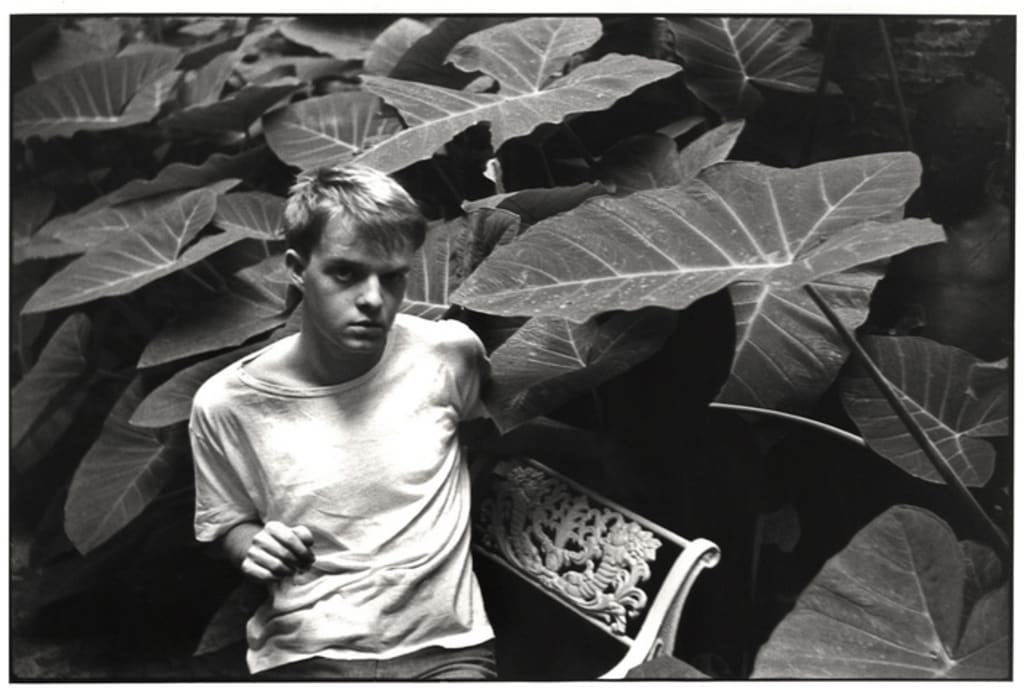
Truman Capote is one of my all-time favourite authors, and I can honestly say that I made an effort to read and re-read all of his works from start to finish. His writing style is beautifully modern, with an almost crisp romanticist feel to it. It's very Byronic and shaded with the grand mysteries of life, it becomes a reflection, a mirror of the society and social circles that Truman Capote was mingling with.
Shadowed by his emotionally abusive upbringing, Capote had a hard life and it did reflect in his works. In his Early Short Stories Capote writes with the darkest language we, as readers, will see until In Cold Blood is released. Capote's short stories have always had a mystery to them that many do not understand; it leaves us thinking about life and on the brink of realisation; it drops us headfirst into existentialist philosophy. As in the story "Ms. Belle Rankin," death is but a fleeting moment, a picture, a violence. But it is never grotesque or unwanted. It is invited and almost wished upon. The momentary glances at a dead body seem almost too quiet to be uncomfortable.
Let's get on with our list then. From novels to non-fiction, to travel sketches to short stories and from literary portraits to plays and articles—here are my top five works by Truman Capote.
5. Other Voices, Other Rooms
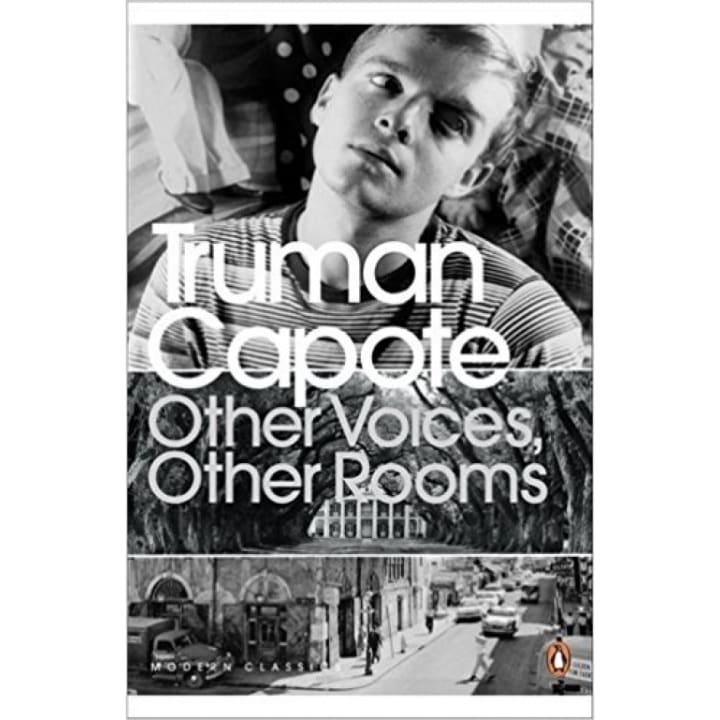
“They can romanticise us so, mirrors, and that is their secret: what a subtle torture it would be to destroy all the mirrors in the world: where then could we look for reassurance of our identities? I tell you, my dear, Narcissus was so egotist...he was merely another of us who, in our unshatterable isolation, recognised, on seeing his reflection, the beautiful comrade, the only inseparatable love... poor Narcissus, possibly the only human who was ever honest on this point.”
Other Voices, Other Rooms is an experience of a novel, written by Truman Capote about his own younger years living with relatives. This book details some pretty harsh times for the Modernist Writer and goes through some incredibly depressing anecdotes of his childhood. But, as in great Capote style, everything he writes, he writes beautifully.
4. Answered Prayers
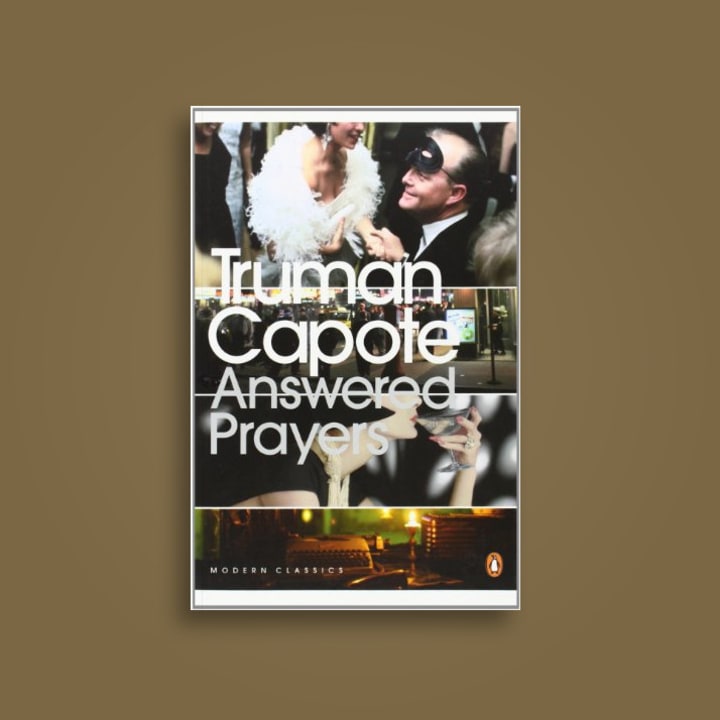
“I am one of those persons who, when sexually immersed, require serious silence, the hush of impeccable concentration. Perhaps it is due to my pubescent training as a Hershey Bar whore, and because I have consistently willed myself to accommodate unscintillating partners—whatever the reason, for me to reach an edge and fall over, all the mechanics must be assisted by the deepest fantasising, an intoxicating mental cinema that does not welcome lovemaking chatter.
The truth is, I am rarely with the person I am with, so to say; and dependence upon an inner scenery, imagined and remembered erotic fragments, shadows irrelevant to the body above or beneath us—those images our minds accept inside sexual seizure but exclude once the beast has been routed, for, regardless of how tolerant we are, these cameos are intolerable to the mean-spirited watchmen within us.”
Answered Prayers is the unfinished novel that Truman Capote was writing before he died. The novel is beautiful in the sense that it does feel like it was written by Capote when he was at a difficult patch in his life. I believe that he was so involved in celebrity culture that he wanted nothing else than to get out of it. It was hard for him—an alcoholic and a drug addict, he would go on live TV drunk or under the influence. Answered Prayers really holds a mirror to that in a way which no other Capote novel or work does. If you read The Early Stories and then read Answered Prayers you can see the vast difference in language use.
3. The Early Stories
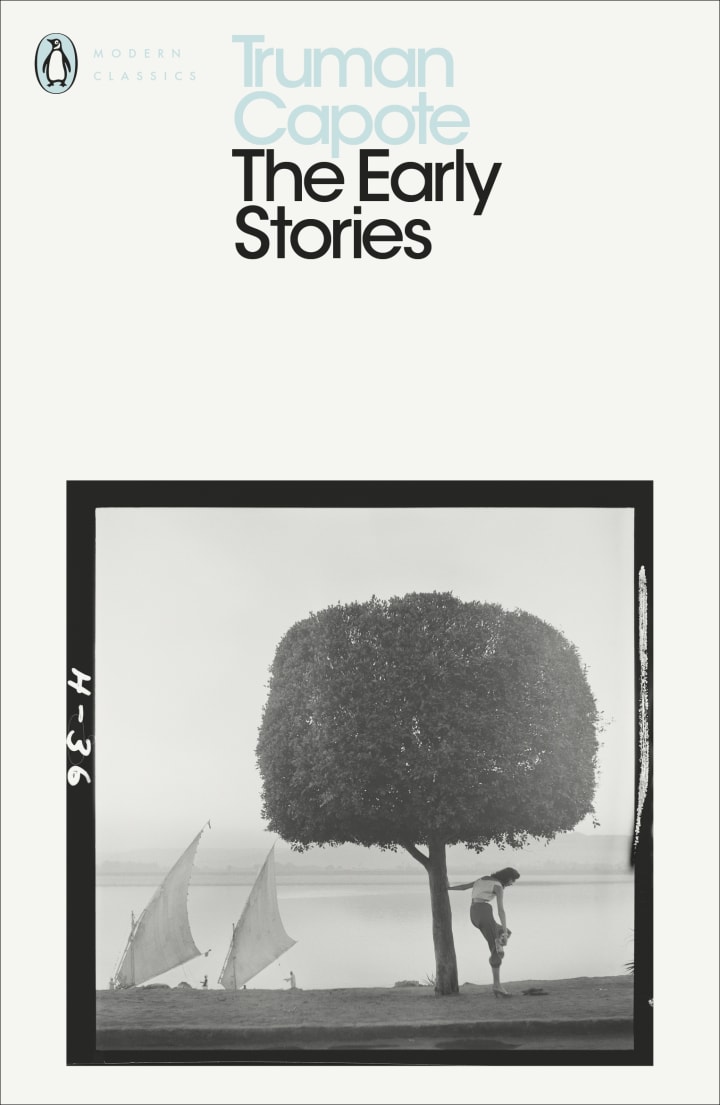
“There is only one unpardonable sin—deliberate cruelty. All else can be forgiven.”
The Early Stories is something wonderful by Truman Capote; it is a set of short stories he wrote from when he was a child, to a teenager, and then to a young man. Capote's stories reflect him as he grows up (especially if you read Other Voices, Other Rooms first). There's something tragic about reading these stories when you know what Capote's mother was like. It was like he was venting his dark anger, aggression, and undying passion through these works and that became something more than incredible. It became a classic.
2. Music for Chameleons
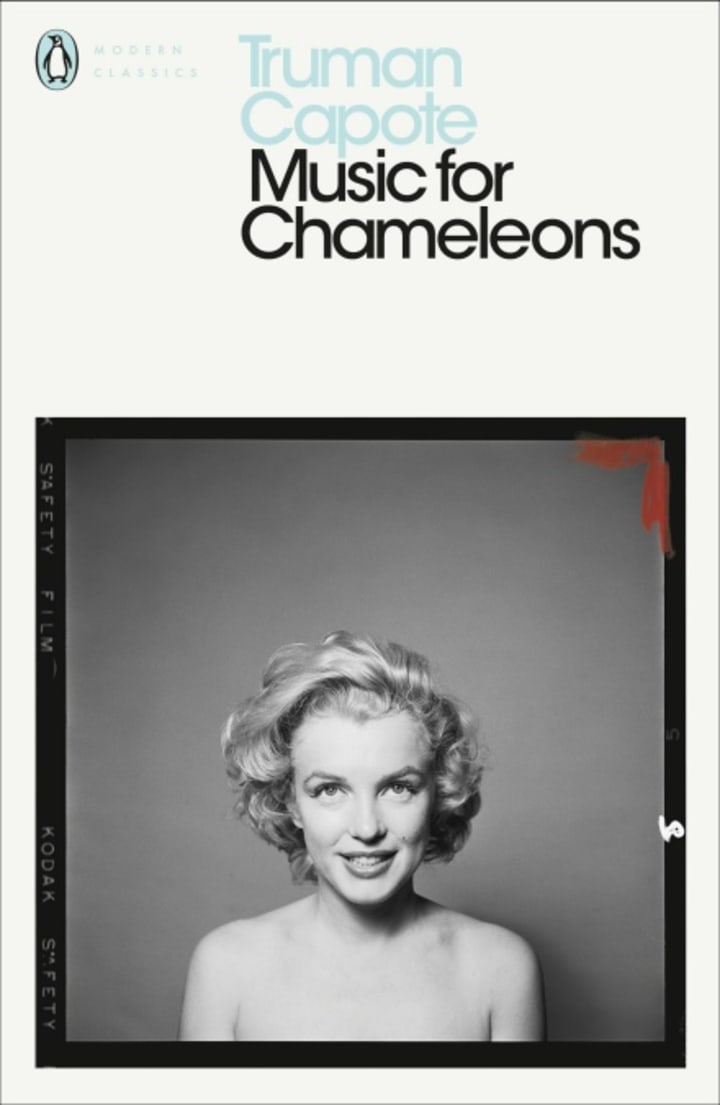
“Some cities, like wrapped boxes under Christmas trees, conceal unexpected gifts, secret delights. Some cities will always remain wrapped boxes, containers of riddles never to be solved, nor even to be seen by vacationing visitors, or, for that matter, the most inquisitive, persistent travelers.”
Music for Chameleons is one of Capote's most enigmatic works. The metaphor that comes from the chameleons moving in time to music that is thought about on a morning is dragged out over the course of the text. It is a sensational experience offered to us by a troubled and romantic Capote. In this, he is the celebrity literary hero—by the time this is written he has gotten his Byronic status and is using it to his advantage and very clearly so.
1. In Cold Blood
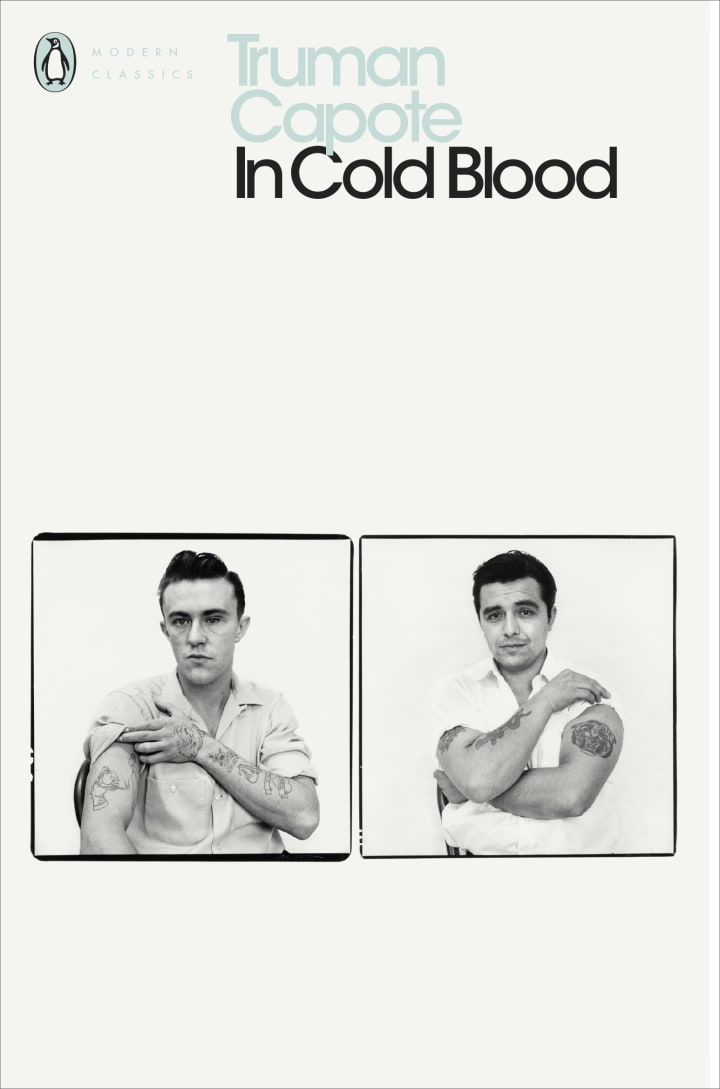
“You are a man of extreme passion, a hungry man not quite sure where his appetite lies, a deeply frustrated man striving to project his individuality against a backdrop of rigid conformity. You exist in a half-world suspended between two superstructures, one self-expression and the other self-destruction. You are strong, but there is a flaw in your strength, and unless you learn to control it the flaw will prove stronger than your strength and defeat you. The flaw? Explosive emotional reaction out of all proportion to the occasion. Why? Why this unreasonable anger at the sight of others who are happy or content, this growing contempt for people and the desire to hurt them? All right, you think they're fools, you despise them because their morals, their happiness is the source of your frustration and resentment. But these are dreadful enemies you carry within yourself--in time destructive as bullets. Mercifully, a bullet kills its victim. This other bacteria, permitted to age, does not kill a man but leaves in its wake the hulk of a creature torn and twisted; there is still fire within his being but it is kept alive by casting upon it faggots of scorn and hate. He may successfully accumulate, but he does not accumulate success, for he is his own enemy and is kept from truly enjoying his achievements.”
In Cold Blood has a brilliant reputation attached to it as one of the very first true crime novels. Apart from inventing and defining the modern genre, Truman Capote also wrote one hell of a book. It really did define an age of literature. There's something infinite and timeless about the violence in this book. It is the violence against the innocents that men will always perpetuate. There is no stopping it and this is how humanity will end up eating itself. Man kills for fun and that is what will end us all. Capote's message is strong and hits home in this thrilling read.
About the Creator
Annie Kapur
200K+ Reads on Vocal.
English Lecturer
🎓Literature & Writing (B.A)
🎓Film & Writing (M.A)
🎓Secondary English Education (PgDipEd) (QTS)
📍Birmingham, UK






Comments
There are no comments for this story
Be the first to respond and start the conversation.